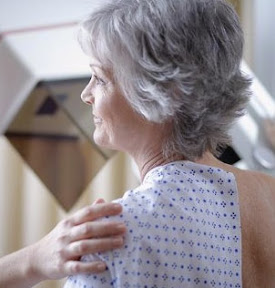Article by: Dr Zoe Arugay

Seriously, an intake of fish oil supplement lowers risk for breast cancer in postmenopausal women, as proven by results of the VITamins And Lifestyle Cohort study, or VITAL.
Theodore M. Brasky, from Hutchinson Cancer Research Center, University of Washington in Seattle and Colleagues, writes:
"Use of nonvitamin, nonmineral 'specialty' supplements has increased substantially over recent decades. Several supplements may have anti-inflammatory or anticancer properties. Additionally, supplements taken for symptoms of menopause have been associated with reduced risk of breast cancer in two case-control studies [but] there have been no prospective studies of the association between the long-term use of these supplements and breast cancer risk."
Between 2000 and 2002, an accumulated total of 35,016 postmenopausal women residing in Western Washington State, aged 50 to 76 years, completed a 24-page questionnaire tackling their use of specialty supplements. Use was characterized by factors such as, recency (current vs past), frequency (days/week), and duration (number of years).
From 2000 to 2007, the registry from Surveillance, Epidemiology, and End Results or (SEER) revealed that there were 880 incident invasive breast cancers. Cox proportional hazard models gave estimates of multivariable-adjusted hazard ratios (HRs) and 95% confidence intervals (CIs).
Study authors write that fish oil may be inversely associated with breask cancer risk. "Fish oil is a potential candidate for chemoprevention studies. Until that time, it is not recommended for individual use of breast cancer prevention."
The study still possesses certain limitaions including lack of data on supplement dose, reliance on self-report, lack of updated exposure information after baseline, limited power due to relatively low prevalence of use of some specialty supplements, and possibility of chance findings because 15 specialty supplements were examined.
Study authors therefore conclude, that the association of these supplements with breast cancer risk still require further study, especially concerning the timing of exposure and dosage, as well as trying to determine differences by tumor stage or histolgic type.
Story Filed in Health News Tab








